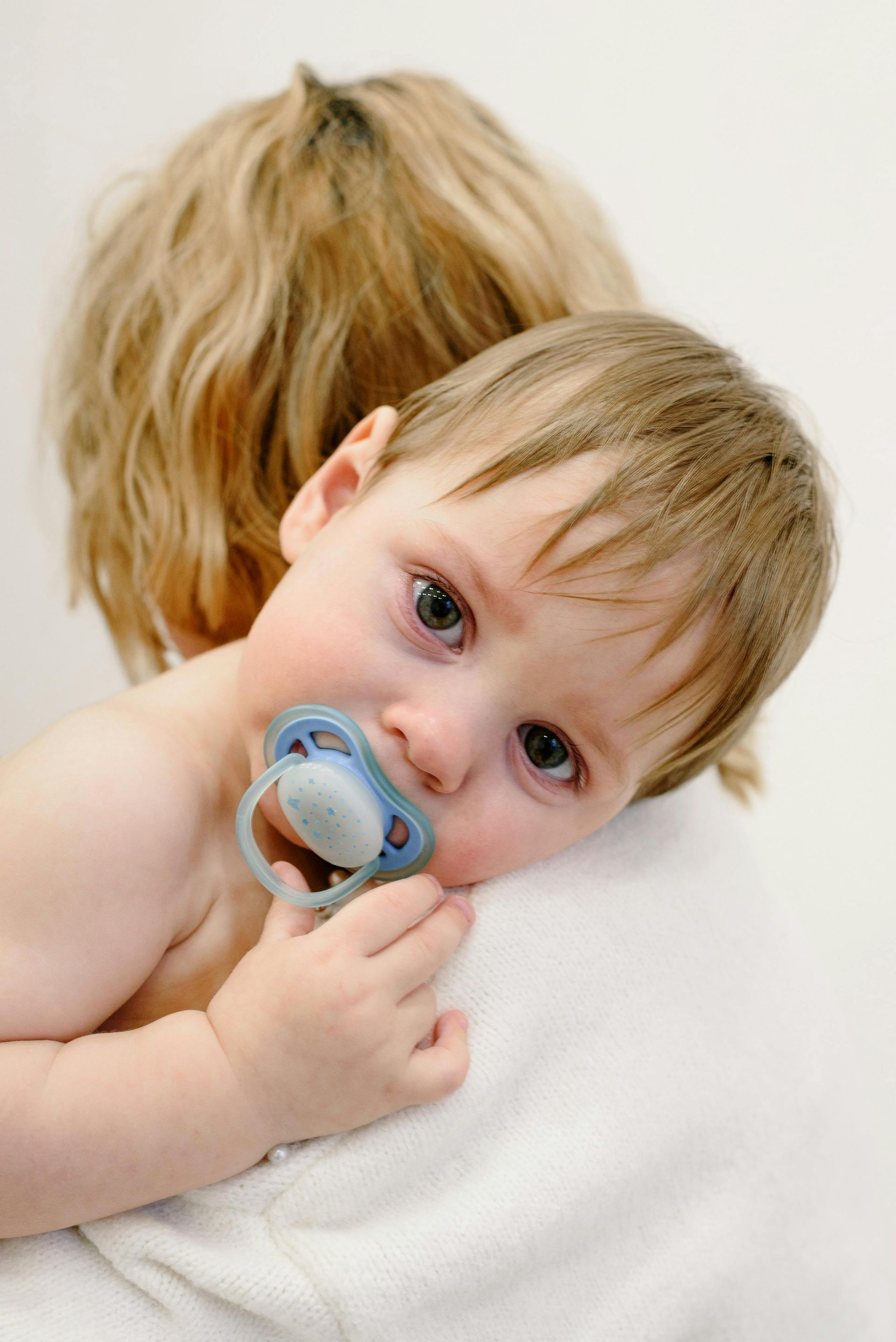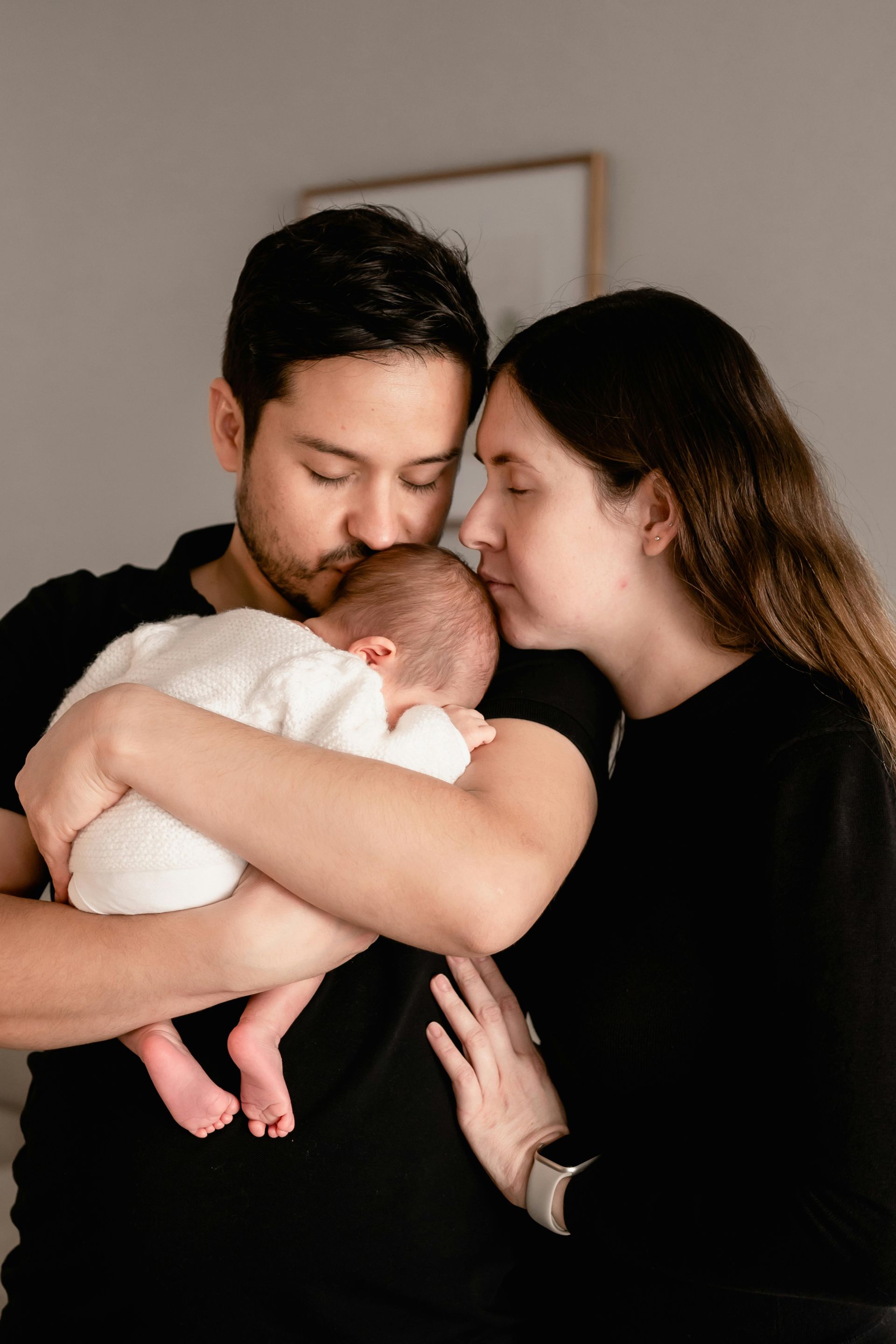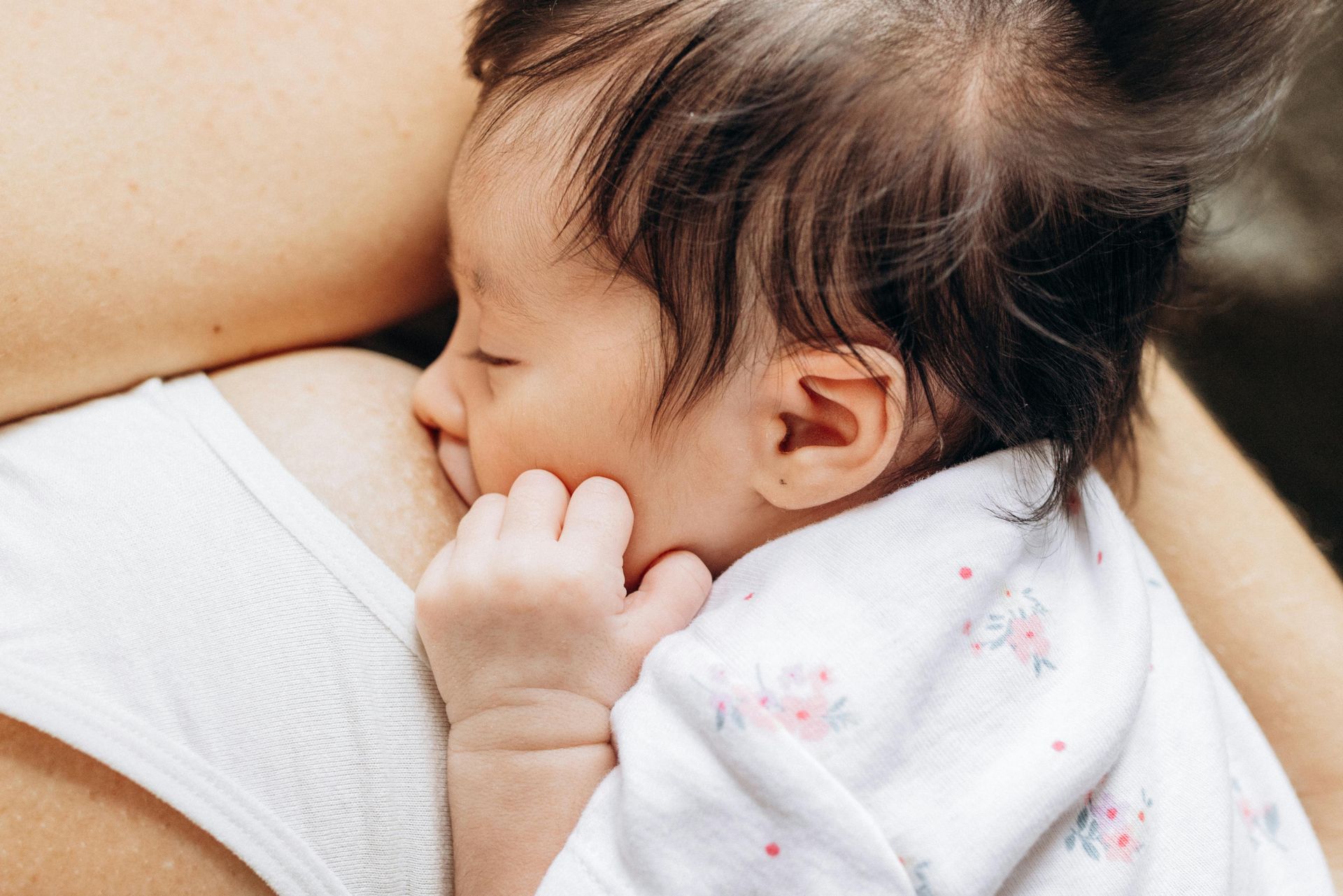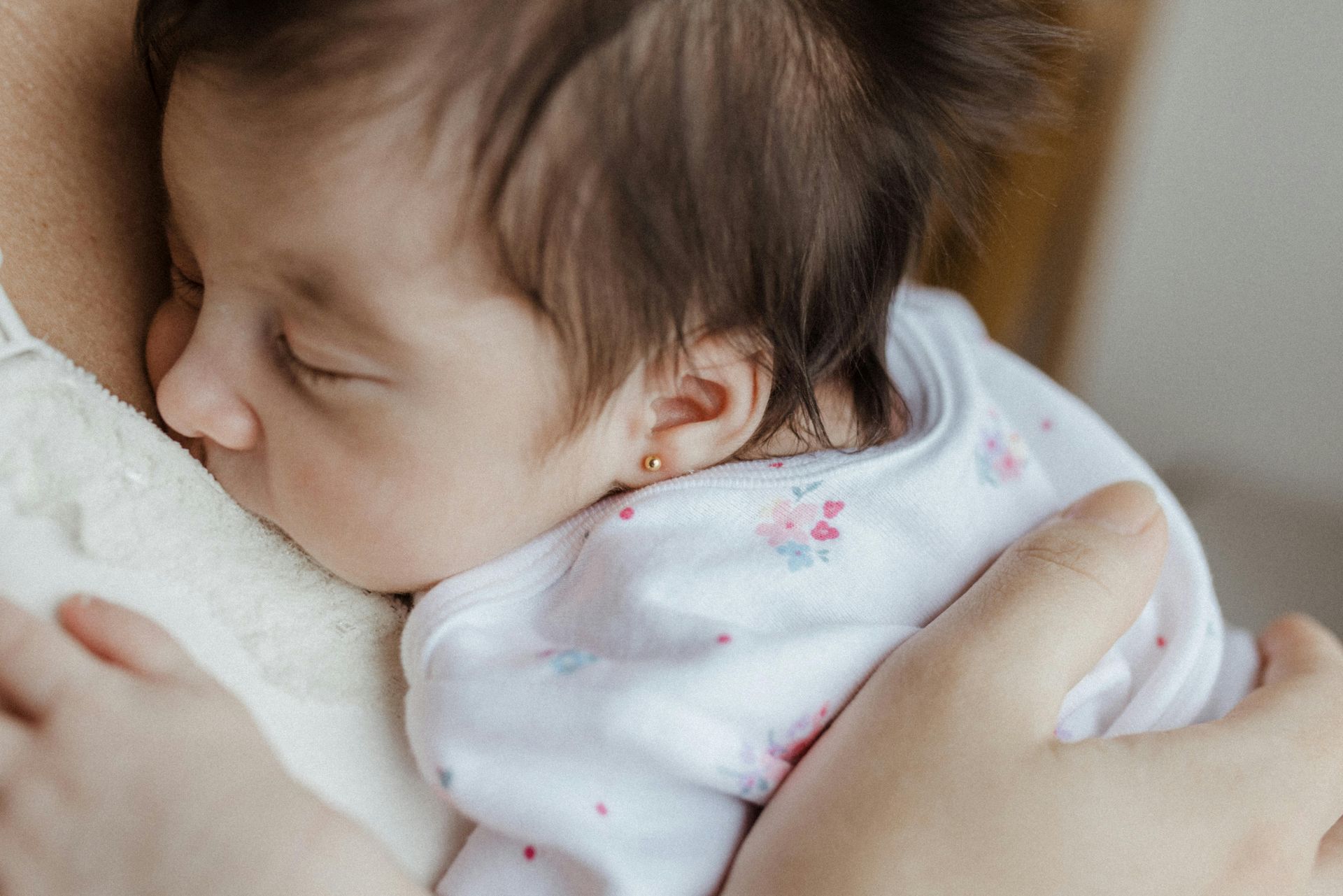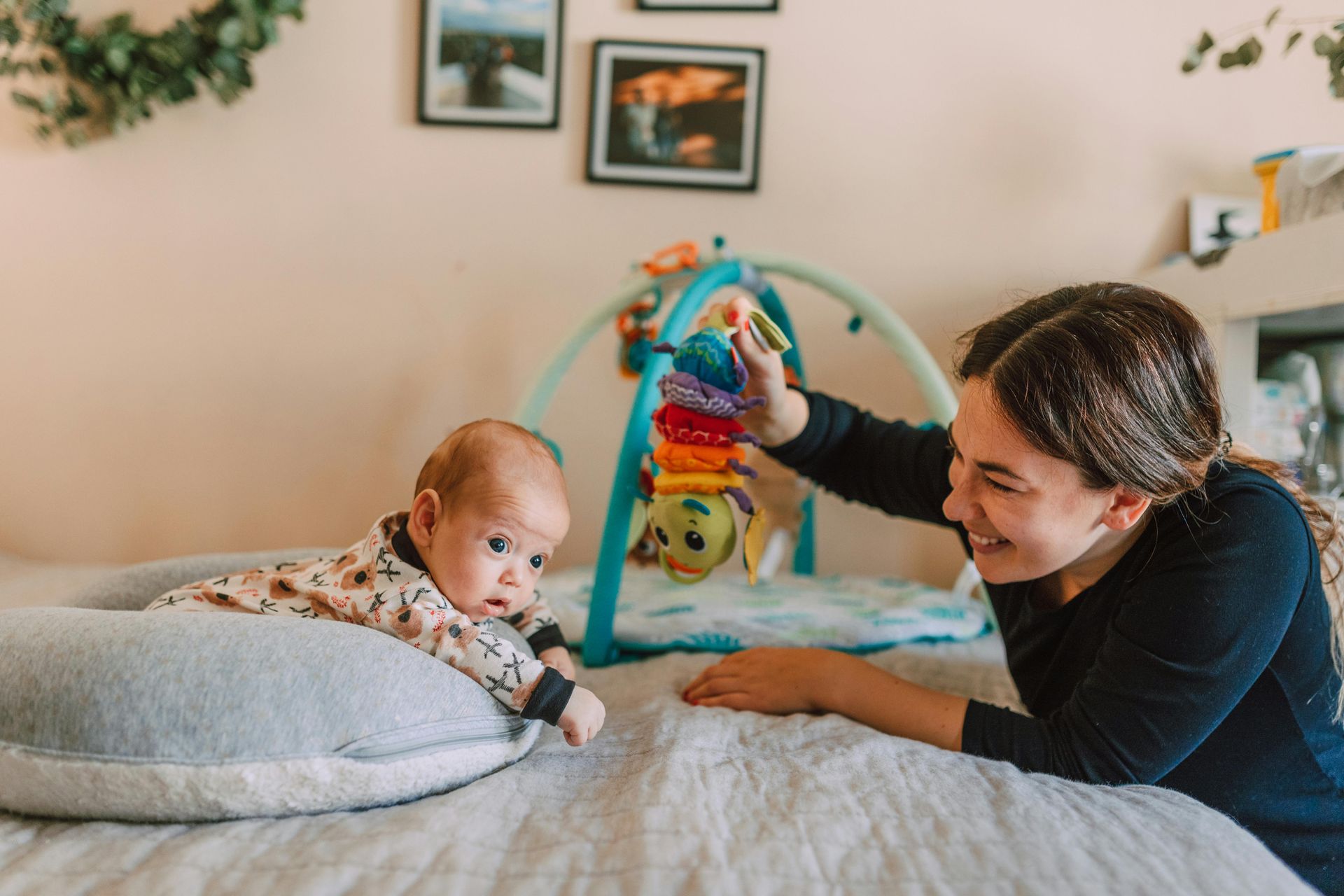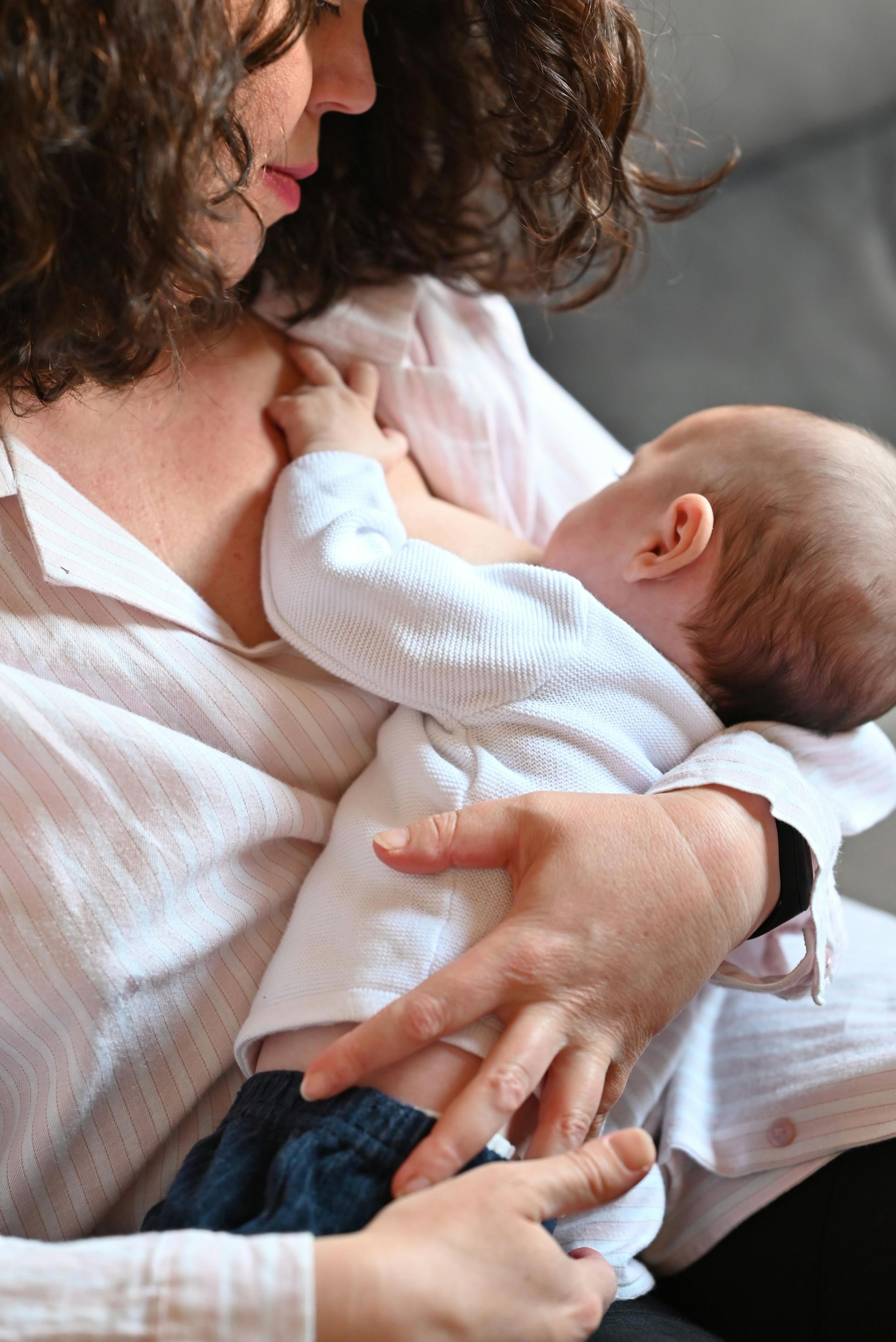Kristin Yaroscak, PCD(DONA)- Founder of Western CT Doula
Kristin Yaroscak is a highly experienced postpartum doula, Ayurvedic postpartum care specialist, and certified pediatric sleep consultant with a background in psychology and child development. With over 30 years of experience and as a mother of two, she is deeply passionate about “mothering the mother”—helping new moms care for themselves while navigating early parenthood with confidence and ease.
Kristin empowers families by teaching parents to recognize their babies’ cues, establish nurturing routines, and prioritize their own well-being. With a warm and empathetic approach, she provides practical tools, emotional support, and personalized guidance to help parents feel more confident and connected during this transformative season.
Kristin shares valuable insights on newborn care, sleep routines, and bonding strategies to help parents thrive. She loves showing moms and dads fun ways to engage with their babies, turning everyday moments into enriching experiences.
Want to make your days with your baby more enjoyable? Visit Western CT Doula to learn more and book your free consultation today!



